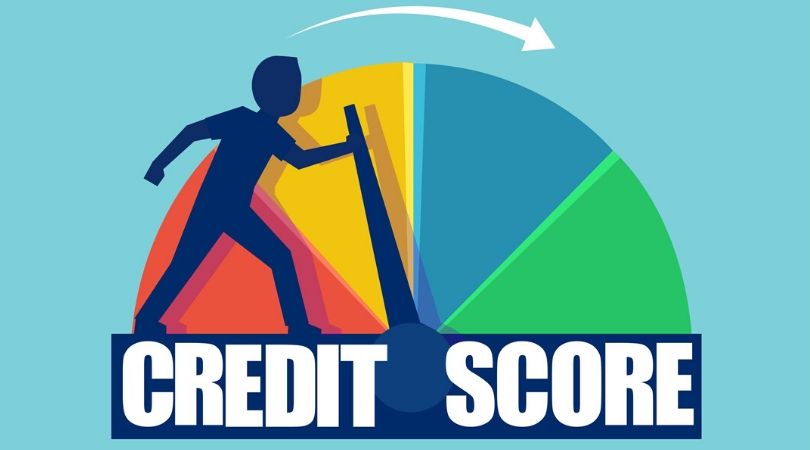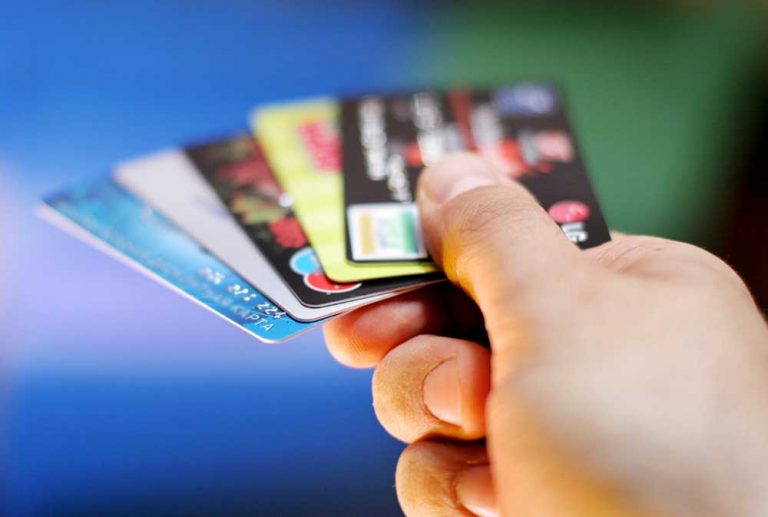When it comes to improving your credit score, there are many actions that affect it. From paying bills on time, to having a longer history of credit use, keeping few accounts and spending only a small percentage of your credit limit, today we’ll find out which of the following actions would improve your credit score.
Before you start working on your credit rating, get a free report from one of your credit card issuers. I am using Capital One and husband has a Chase credit card, both companies allow us to view a snapshot of our credit score and explain few of the ranking factors.
Log into your account and start looking at the data. See where you can take action and what should be deferred or just ignored. In my case the oldest account is less than a year (we came into the US 10 months ago) and this is not something I can change right now. Only time will improve this marker, so I’ll focus on other factors that are within my reach:
Which of the Following Actions Would Improve Your Credit Score?
Start Paying on Time
If you have a long history of not paying your loans on time, it’s time to make a change. Experts claim that your payments make up for almost 35% of your credit score (this is 1/3 of it), so the improvements that you make here will allow you to see the biggest boost in your credit score.
I know you are expecting some magical ways to improve your credit score, but, unfortunately, it boils down to paying your bills ON TIME.
Start making a plan and get back on track with your debt payment. Focus on one debt at first (ideally the one with the highest APR, as it’s the most costly one) and pay the minimum on all the others. Make an effort to stay on track and you’ll see your credit rating improve.
If you are strapped for cash, don’t go over 30 days with a late payment. Creditors usually don’t bother report your late payment right away, but anything closer to 60 days will get reported and your credit score will take a dive.
Don’t Open New Credit Accounts
Having too many credit cards and different types of loans show potential lenders that you are not disciplined enough with your money and you can become a financial liability for them.
The chances to default are bigger when you have many loans and don’t seem to catch up with payments, compared to having few credit lines that are being paid on consistently.
There is an added upside, the fewer the loans, the smaller the fees and easier to manage your debt.
Keep a High Credit Limit
When people get into big credit card debt, financial experts advice them to lower their credit limit, so that they are not tempted to get into bigger trouble, at least until they have paid off most of their debt.
If you are not disciplined enough to stay away from trouble, then cut down your credit limits and pay off your loans. This will result in a lower credit score, though, as the credit limit is a ranking factor.
Consequently, if you can handle your payments and won’t get into more trouble, make sure your credit limit stays high.
The biggest increase in my credit score came after securing a bigger credit limit, based on on-time payments and the trust I built with my lender.
Keep Credit Card Balances under 30%
Together with keeping a high credit limit, this is a great way to boost your credit score. If your credit limit is at about $6,000, for instance, make an effort to keep your spending to about $2,000 every month.
The bigger your balance is, compared to your credit limit, the bigger your credit score drop will be.
The 2 months I saw a decrease in my credit score were when my spending was higher, so I cam closer to my limit. As soon as I started being careful not to spend more than 30% of my credit limit, my score increased dramatically.
Keep Your Oldest Credit Lines Open
One of the credit ranking factors that matter is how long you’ve had a credit card opened. So, if you have to choose from 2 credit cards with similar fees and perks, close down the most recent one.
After you get back on track with your credit card payments, there’s not an issue if your old credit cards don’t have the best options. My secured credit card has a 27% APR, for instance, which is a disaster, if I was to actually get in debt.
But I keep it just to improve my credit score, so I really don’t care about the APR. It could be 300% for all I care, as long as I pay in full every month.
Don’t Rely on Credit Cards for Every Purchase
It’s easy to get over your credit limit, if you base most of your expenses on your credit card. Set up a small emergency fund, to be prepare for any ‘surprises’ and use your debit card as well. This keeps you safe from overspending your credit limits and it keeps your credit score into good standing
Don’t Forget to Make Payments
As we found out, missed payments count to 35% of your credit score. Missing payments will dramatically decrease your credit score, so make sure you don’t forget them. Set up automatic payments and monitor your credit card account at least every 2 weeks to see where you’re at.
Don’t Make Credit Score Inquiries, Unless Needed
You are allowed to make ONE credit score inquiry every year, so use it wisely. Don’t try to get store credit cards on a whim, as them interrogating your credit account will drop you at least one point of your credit score.
As a personal example, we went yesterday to Bob’s Discount Furniture and the sales rep asked us if we wanted a store credit card. No, thank you. I didn’t even want to try to apply, as I knew that it would affect my credit score. And, to be honest, I really don’t need extra credit cards.
So, if you are asking “Which of the following actions would improve your credit score?” the answer is that paying on time, spending not more than 30% of your credit limit and paying off debt diligently will help you the most.




